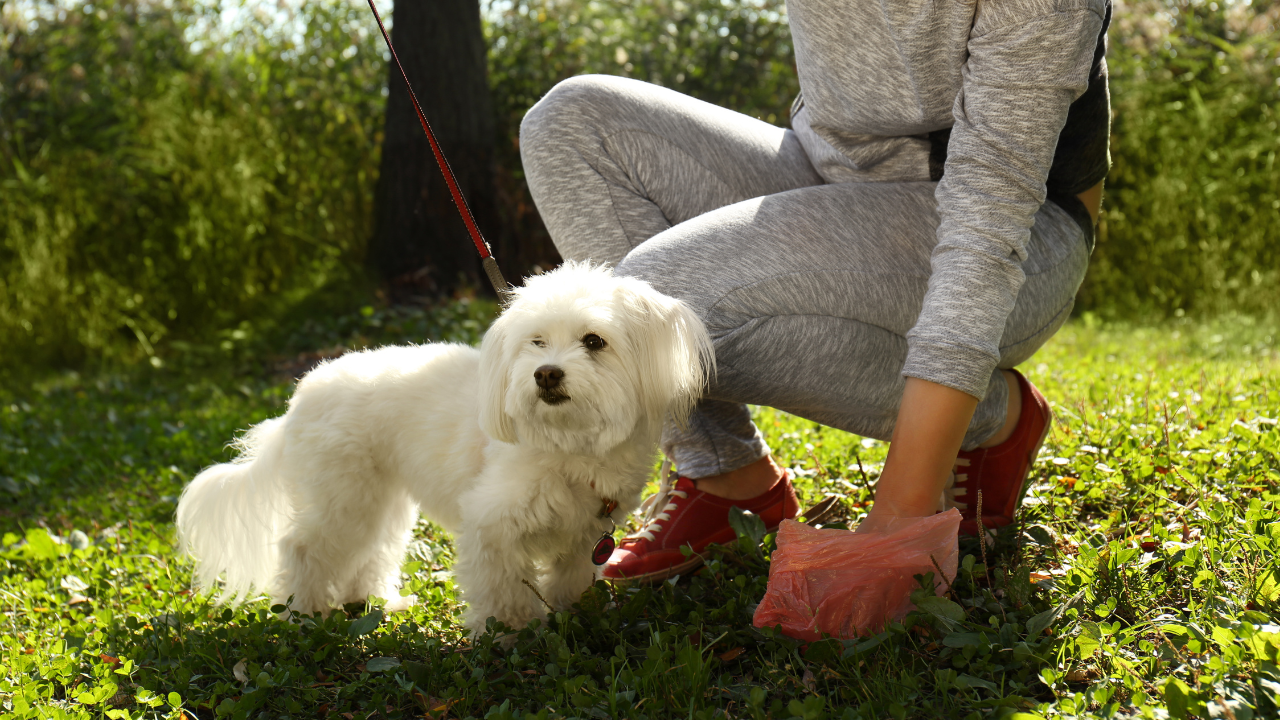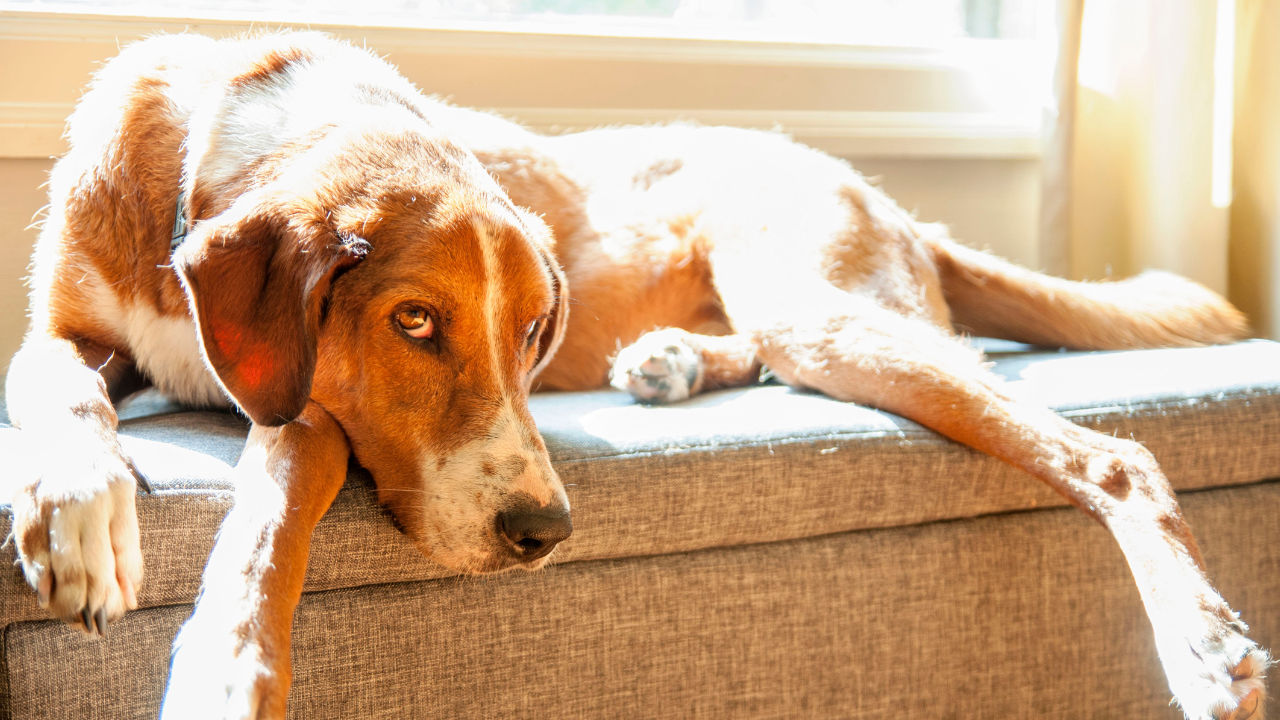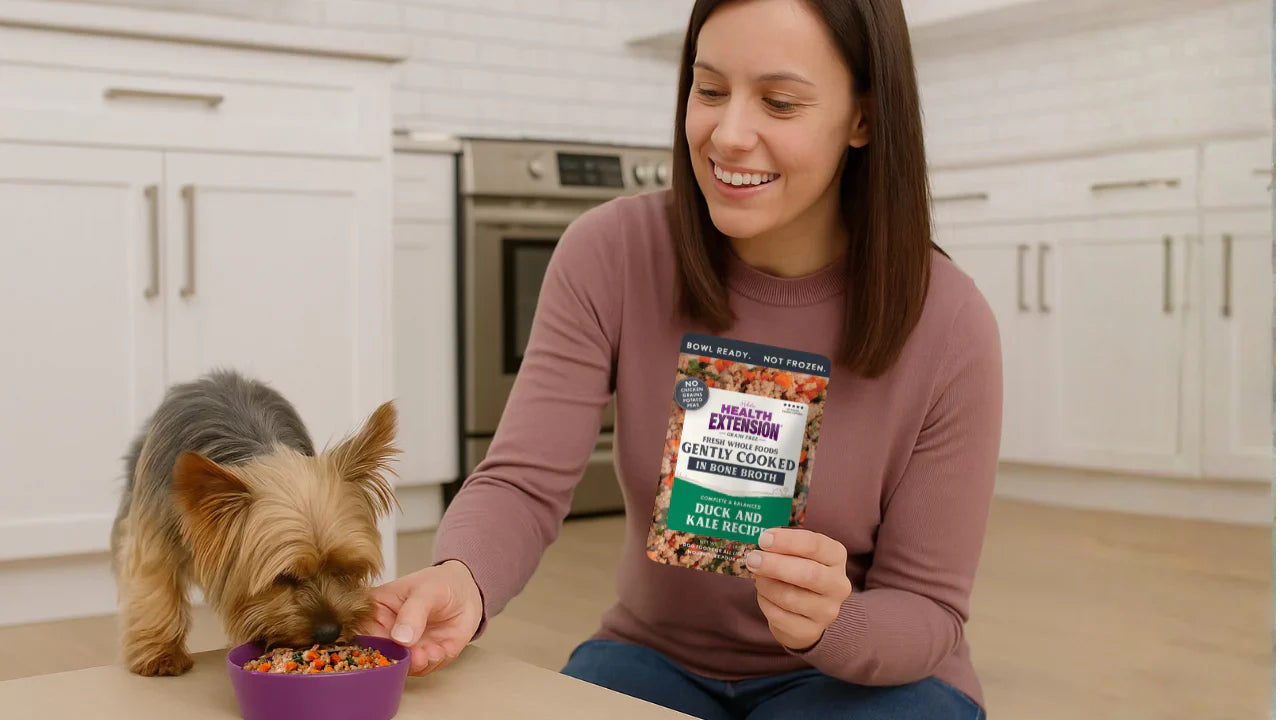Let’s Talk Dog Poop (Yes, Really)
We know—it’s not the cutest topic. But your dog’s poop holds important clues about their digestive health. From color and consistency to odd smells or changes in frequency, what’s left in the grass can say a lot about what’s going on inside. This guide helps you decode the signs, understand when to worry, and know how diet, hydration, and even parasites may be involved.
What Should Healthy Dog Poop Look Like?
A healthy dog poop is:
- Chocolate-brown (from bile)
- Log-shaped and firm, yet moist
- Passed once or twice a day
- Free from mucus, blood, or foreign matter
When digestion runs smoothly, your dog’s gastrointestinal tract produces stool that’s consistent and easy to pass.
When Poop Isn’t Normal: What to Watch For
Changes in poop often reflect what’s going on in the digestive tract—sometimes signaling bigger concerns.
Loose or Watery Stool (Diarrhea)
This may be caused by dietary changes, stress, or something more serious like intestinal parasites. If diarrhea persists or worsens, it may be a symptom of infection or irritable bowel syndrome (IBS).
Concerned about worms or unseen parasites? Explore the signs of parasites in pets to learn what else to look for.
Hard or Pebble-Like Poop
Often a result of dehydration, low fiber intake, or sluggish gut motility. Dogs with hard or pebble-like stool may be straining during bowel movements, which can signal constipation. Adding both soluble fiber (like pumpkin or psyllium) and insoluble fiber (from leafy greens or brown rice) can help bulk and soften stool, supporting smoother elimination.
Mucus, Blood & Unusual Colors
Mucus
A little is okay. But thick or jelly-like mucus may indicate colitis, inflammation, or parasites.
Blood
- Bright red usually comes from the rectum or anus—often from straining.
- Dark, tarry stool suggests bleeding higher up in the gastrointestinal tract.
Strange Colors
- Green: May be from eating grass—or linked to gallbladder issues
- Yellow/orange: Could indicate liver or bile problems
- Black: Often a sign of internal bleeding
- Gray/white: Possible pancreatic or fat digestion issues
What Causes Irregular Poop?
Abnormal stools often result from:
- Poor diet or low-quality ingredients
- Sudden dietary changes
- Food allergies or intolerance
- Parasites like giardia, hookworms, or roundworms
- Stress or medication (e.g., antibiotics)
- Digestive disorders like IBD or colitis
- Poor hydration
When to Call the Vet
Most dogs will have the occasional soft or odd-looking stool. But it’s time to call your vet if you notice:
- Persistent diarrhea or constipation
- Signs of dehydration (dry gums, low energy, sunken eyes)
- Blood, black stool, or mucus
- Straining during defecation or signs of bloating
- Repeated vomiting or appetite loss
- No bowel movement for more than 48 hours
Any of these could be a symptom of an underlying digestive condition—or a warning sign not to ignore.
How Nutrition Affects Stool Quality
Your dog’s poop directly reflects what they’re eating. Diets with wholesome proteins, digestible fiber, and gut-friendly ingredients support better digestion and more regular stools.
Health Extension’s dog food includes:
- Prebiotic fiber to feed healthy bacteria
- Probiotics to balance the gut microbiome
- Recipes slow-cooked to retain nutrients and support gentle digestion
These nutrients support the digestive system from start to finish—reducing discomfort, irregularity, and inflammation.
Check out some of our Digestive-Friendly Recipies
How to Support Healthy Poops, Naturally
Here are some everyday tips to improve your dog’s bowel habits:
- Prioritize hydration—make sure water is always available
- Mix in wet food or bone broth for added moisture
- Use gentle, fiber-rich options like pumpkin or leafy greens
- Add a probiotic supplement to support gut flora
- Maintain a consistent feeding and potty routine
These small steps can improve nutrient absorption, regulate bowel movements, and reduce issues like gas, bloating, or fecal discomfort.
Final Scoop: Why It Pays to Check the Poo
Checking your dog’s poop may never be fun—but it’s one of the most effective ways to monitor their health. Irregular, discolored, or unusual stools may be signs of something deeper, from a mild intolerance to a parasite infection.
Understanding what’s normal helps you act early, whether that’s adjusting your dog’s diet, improving hydration, or seeking veterinary care.
Curious about the deeper causes of digestive trouble? Check out our guide to Parasites and How They Impact Your Pet’s Health for more insights.



